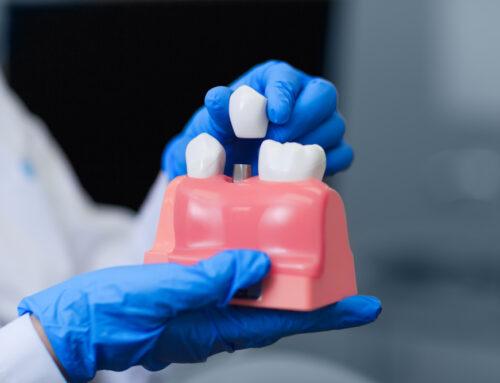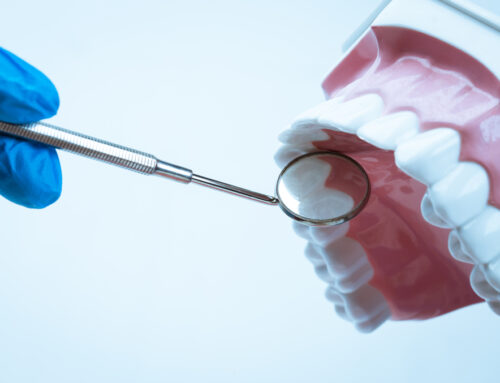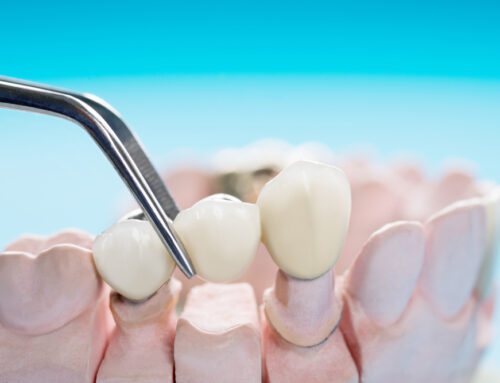Introduction
Hello readers, today in this fantastic blog, we’ll discuss everything about the Dental Crown. A dental crown is a cover for a harmed tooth. It re-establishes the typical shape, capability, and size of the tooth. Crowns don’t endure forever, yet you can broaden the existence of a crown if you take it safely.
In this article, we’ll explore the various kinds of crowns, their life span, and the advance notice signs that a crown might be supplanted.
What is the purpose of a Dental tooth crown?
A tooth crown is a dental restoration used to correct a crooked tooth, has a broken or missing part of the tooth, or is severely misshapen. A tooth crown is made of porcelain, metal, or other materials and bonded to the tooth by cement. The purpose of a tooth crown is to protect the tooth from further damage and to restore its appearance.
Your dental specialist may likewise utilize a crown to:
- Re-establish a messed up or broken tooth
- Shield a powerless tooth from breaking
- Connect dental bridges
- Protect a delicate tooth following a root canal
- Dental crowns can be produced using various materials, some of which last longer than others.
Discuss the Different Types of Dental Crowns and their Longevity.
There are a few different types of dental crowns, each with its own benefits and drawbacks. Here are the most common types of dental crowns and their longevity:
- Crowns made of porcelain:
These are the most durable type of dental crowns. They may require a repair or replacement due to wear and tear, but generally hold up well overall.
- Crowns made of metal:
These are less durable than porcelain crowns. They may require a repair or replacement due to wear and tear, but generally hold up well overall.
- Crowns made of plastic:
These are the least durable type of dental crowns. They may require a repair or replacement due to wear and tear, but generally hold up well overall.
Overall, the type of dental crowns and their durability are largely dependent on how often they are worn and which type of they are placed.
Do crowns last longer than veneers?
There is no definite answer when it comes to whether crowns last longer than veneers. Some people believe that crowns can last up to 10 years while others say that they can last up to 15 years.
However, it is important to keep in mind that crowns are subjected to a lot of wear and tear, which can eventually lead to their deterioration. In addition, crowns require regular visits to the dentist for maintenance, which can also take its toll on them.
As a general rule, a veneer is suggested for corrective purposes. Be that as it may, if you have any rot, breaks, or extreme wear, a crown will be more valuable. Your dental specialist will actually want to figure out which reclamation strategy is ideal for you.
Conclusion
A dental crown is a tooth restoration that replaces a missing tooth. Crowns are custom-made to fit the specific teeth in your mouth. The average lifespan of a dental crown is around 10 years. If a crown becomes damaged or falls out, it can be replaced.
Your dental specialist can converse with you about the expense, sturdiness, and different advantages and disadvantages of each sort of material to assist you with deciding the best kind of crown for your necessities. Thank You!




